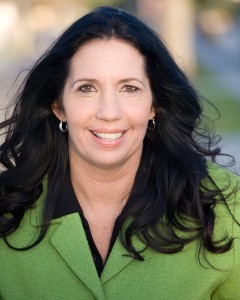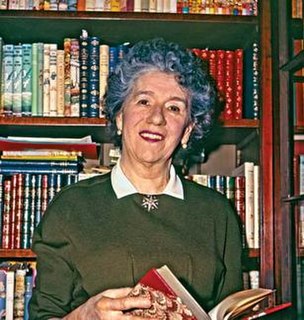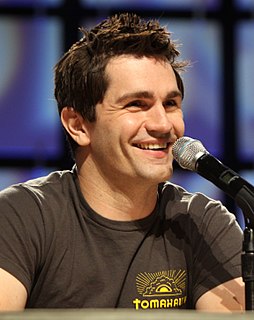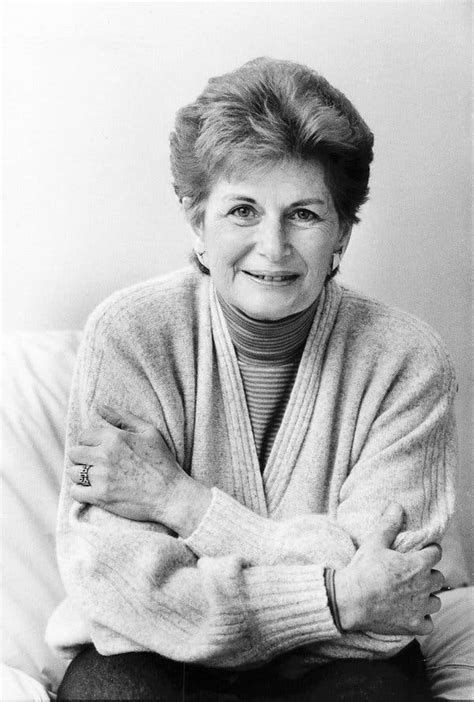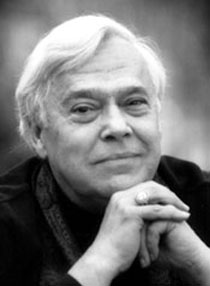A Quote by Jennifer Egan
I don't think that all girls seek the influence of older men, but I think girls whose fathers are absent or recessed from their lives often do. And honestly, when I was growing up, fathers were generally pretty absent from their children's lives. We didn't see a lot of them. That may be something that has genuinely changed for the better in our culture: men are more present for their children now that more women are working.
Related Quotes
Fathers are still considered the most important "doers" in our culture, and in most families they are that. Girls see them as thefamily authorities on careers, and so fathers' encouragement and counsel is important to them. When fathers don't take their daughters' achievements and plans seriously, girls sometimes have trouble taking themselves seriously.
I'm not saying that all women are blameless - all women are not. There are women with despicable characters who are cruel and terrible and some of them are mothers. But why do we blame our mothers more than our fathers? We let our fathers get away scot-free. We hardly even knew who they were in many cases, given the way this culture raises kids, and they may have been quite cruel. They may even have raped us as children, but even if they raped us, we will blame our mothers for not protecting us instead of blaming our fathers who actually did it.
I think that my experience as a single mom getting into relationships in an impoverished district with men that don't have options resonates with people. I don't get into the deadbeat dad thing. I don't think men innately decide to be irresponsible fathers. I think there's a backstory. They're given really bad choices. It's less deadbeat dads and more unemployed fathers, and some fathers decide to sedate and give up.
Well, you know what grown-ups are,' said Dinah. 'They don't think the same way as we do. I expect when we grow up, we shall think like them - but let's hope we remember what it was like to think in the way children do, and understand the boys and the girls that are growing up when we're men and women.
Women's childhood relationships with their fathers are important to them all their lives. Regardless of age or status, women who seem clearest about their goals and most satisfied with their lives and personal and family relationships usually remember that their fathers enjoyed them and were actively interested in their development.
When something goes wrong in our lives we often ask ourselves "Who was present?" and if there was ever a singular person that was present in whatever the event was when something changed our lives. If we can't get beyond that event, we become obsessed with it or it changed our life in a way that we can't make sense of. We often seek out that person because that was the last time our lives made sense.
Contrary to all we hear about women and their empty-nest problem, it may be fathers more often than mothers who are pained by thechildren's imminent or actual departure--fathers who want to hold back the clock, to keep the children in the home for just a little longer. Repeatedly women compare their own relief to their husband's distress
I think a lot of women who are celebrities and who are very beautiful have terrible problems with their men being very controlling. Women allow themselves to be dominated and controlled by men in all sorts of other ways that are very complicated, you know? I don't really see a lot of women engaging in discussions about the struggles and power relations with men and their lives, like their bosses, boyfriends, husbands, coworkers. I don't see that happening very often, whereas I see a lot of misogyny on the internet. I see a lot of hatred towards women and a lot of fear of women.







